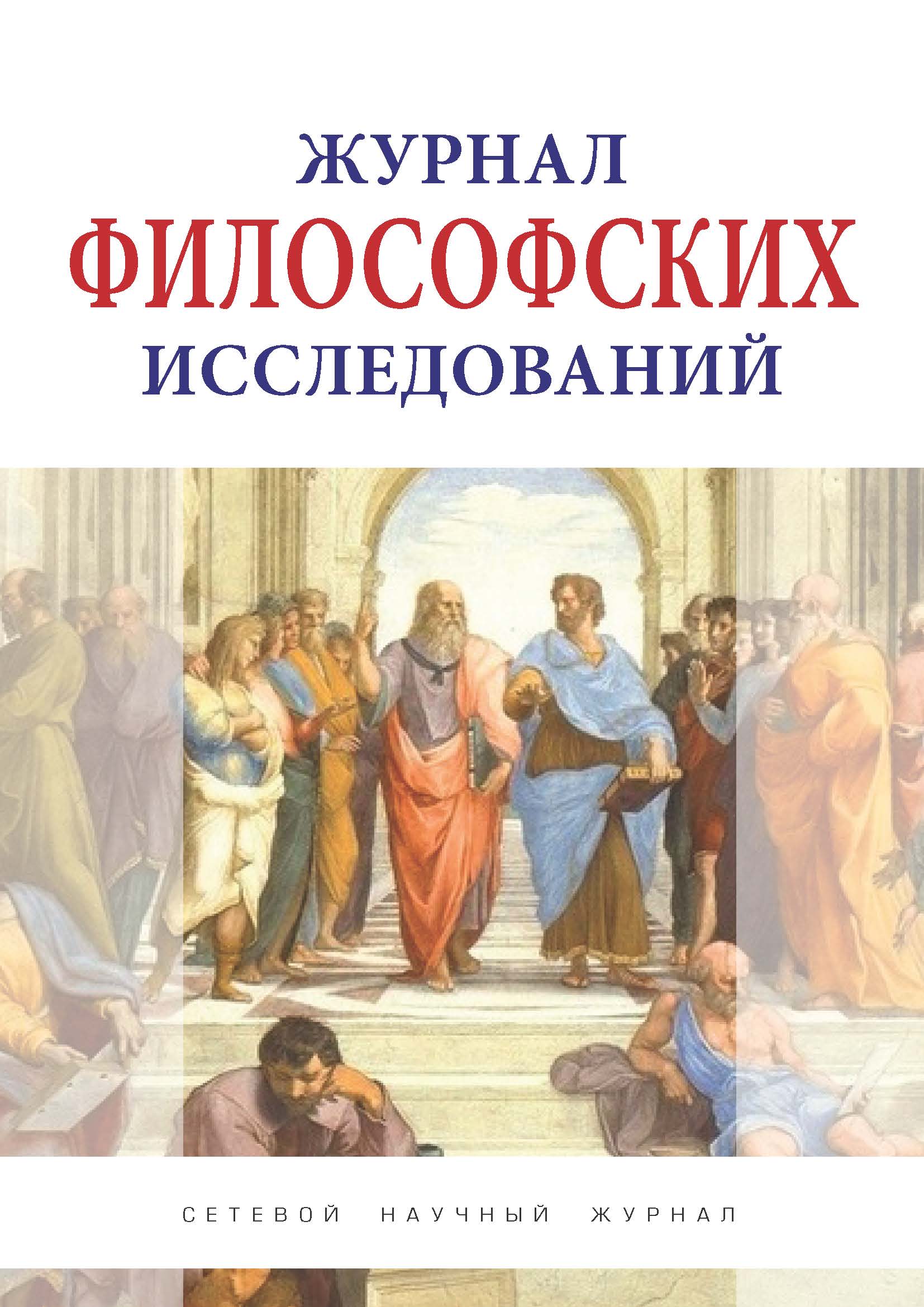from 01.01.2015 to 01.01.2019
Balashiha, Moscow, Russian Federation
UDK 10 Философия
Confidence in the methods of cognition is based on the availability of reliable data that confirm their applicability and fidelity. However, when we analyze in more detail the motives behind rational actions, we find that they are based on one unchangeable goal - a person and his irrational needs. In this context, the rational approach is deeply woven into the irrational system. When the goal of scientific knowledge is not reduced to the satisfaction of a person, scientific knowledge itself becomes his goal. However, it should be noted that scientific knowledge exists and flourishes only in the context of society. It is the result of interaction between scientists, exchange of ideas, verification and confirmation of hypotheses. Therefore, in order to understand and explain the world in which we live, it is necessary to take into account the social environment and complex interactions between people. Without a detailed study of the human psyche and understanding of its needs and motivations, any knowledge remains superficial and only serves itself. The human psyche plays an important role in the formation and perception of knowledge. Research in psychology and psychiatry helps us better understand how we perceive the world, make decisions and interact with each other. Thus, in order to fully understand and apply knowledge, it is necessary to take into account both rational and irrational aspects of human nature, as well as the relationship between scientific knowledge and the social environment. This will help us develop a deeper and fuller understanding of the world and our own capabilities and limitations.
consciousness, subconsciousness, rational knowledge, sensory knowledge, imaginative thinking, sensory universal determinants, frame, house.
1. Abramov, G. A. Youth political organizations and movements as actors of the political process in modern Russia / G. A. Abramov // Society: politics, economics, law. - 2022. - № 7(108). - Pp. 13-16. - DOIhttps://doi.org/10.24158/pep.2022.7.1. - EDN IQXAWA.
2. Bychkov, A.A. Sensory universal determinants. / A.A. Bychkov // Materials of the MATHEDU International Conference: collection of articles. - Kazan, 2019. - C. 68-72.
3. Virgil. Aeneid The Fifth Book / Virgil // St. Petersburg: AST, 2005. - 438 p.
4. Husserl, E. Logical research. Volume 2 / E. Husserl // Moscow: DICK, 2001. - Vol. 2. - 63s.
5. Deleuze, J. Distinction and repetition / J. Deleuze // St. Petersburg: Petropolis, 1998. - 422 p.
6. Trust and faith in business relations / E. V. Kamneva, N. N. Karlovskaya, E. B. Morgunov [et al.] // Organizational psychology. - 2022. - Vol. 12, No. 4. - pp. 183-207. - DOIhttps://doi.org/10.17323/2312-5942-2022-12-4-183-207. - EDN EOOXFL.
7. Ivanova, S. P. New approaches to intellectual capital management models / S. P. Ivanova, A. I. Myasoedov // Economy. Sociology. The right. - 2021. - № 4(24). - Pp. 35-42. - EDN CQCRXY.
8. Ivanova, S. P. Problems of deinstitutionalization of traditional attributes and gender stereotypes / S. P. Ivanova, A. I. Myasoedov // Problems of modern pedagogical education. - 2020. - No. 66-2. - pp. 313-316. - EDN VSNGGA.
9. Myasoedov, A. I. The study of plagiarism from an intercultural point of view / A. I. Myasoedov // Journal of Sociological Research. - 2021. - Vol. 6, No. 3. - PP. 38-44. - EDN LUGGXO.
10. Myasoedov, A. I. Intellectual capital in the light of creativity and competitiveness: an overview of intangible assets of organizations on the example of Ukraine / A. I. Myasoedov // Scientific research and development. Socio-humanitarian research and Technology. - 2020. - Vol. 9, No. 2. - pp. 57-68. - DOIhttps://doi.org/10.12737/2587-912X-2020-57-68 . - EDN CBDSAN.
11. Myasoedov, A. I. Corporate volunteering in the social mission of large enterprises / A. I. My-asoedov // Scientific result. Social and humanitarian studies. - 2021. - Vol. 7, No. 1. - pp. 44-55. - DOIhttps://doi.org/10.18413/2408-932X-2021-7-1-0-4. - EDN RJGXPB.
12. Myasoedov, A. I. Efficiency model for intellectual capital assessment / A. I. Myasoedov // Sci-entific research and development. Socio-humanitarian research and technology. - 2021. - Vol. 10, No. 1. - PP. 84-91. - DOIhttps://doi.org/10.12737/2306-1731-2021-10-1-84-91. - EDN EYIIVT.
13. Myasoedov, A. I. Plagiarism and the crisis of higher education / A. I. Myasoedov // Journal of Sociological Research. - 2023. - Vol. 8, No. 1. - PP. 31-36. - EDN BPPFYD.
14. Myasoedov, A. I. Strengthening and reproduction of stereotypes: ethical considerations when conducting research / A. I. Myasoedov // Scientific research and development. Social and hu-manitarian research and technology. - 2021. - Vol. 10, No. 3. - PP. 93-100. - DOIhttps://doi.org/10.12737/2306-1731-2021-10-3-93-100. - EDN XEJVXZ.
15. Tsybulnik, Yu. Winged Latin expressions / Yu. Tsybulnik // St. Petersburg: AST, 2003. - 282 p.
16. Douglas R. Persuasion and the Role of Visual Presentation Study // Think Twice, Inc. Visual communications
17. Error detection mechanisms of the brain: Background and prospects / N. Bekhtereva, N. She-myakina, M. Starchenko, S. Danko // International Journal of Psychophysiology, 2005. - issue 2-3. - pp. 227- 234.
18. Norberg-Schulz, S. Genius Loci, Towards a Phenomenology of Architecture / K. Norberg-Schultz // New York: Rizzoli, 1980. - 321 p.
19. Trafton A. In the blink of an eye. MIT neuroscientists find the brain can identify images seen for as little as 13 milliseconds // MIT News Office. 2014.






